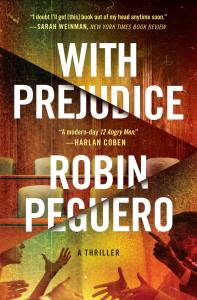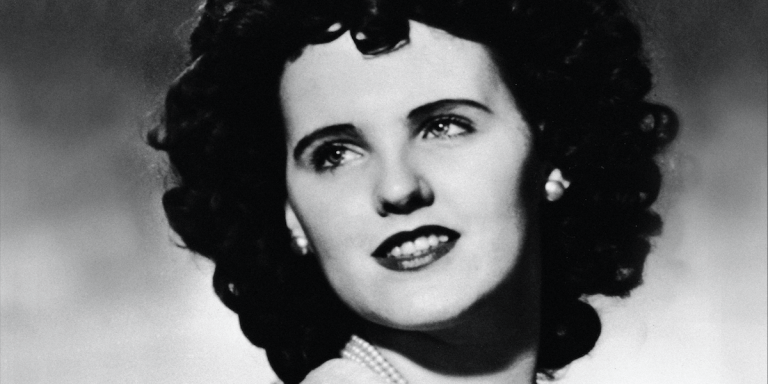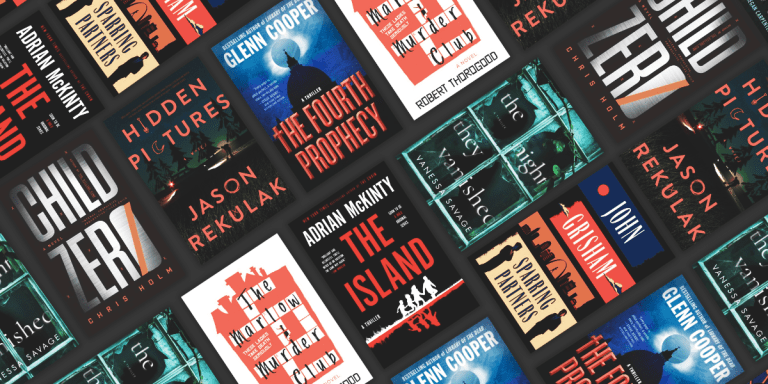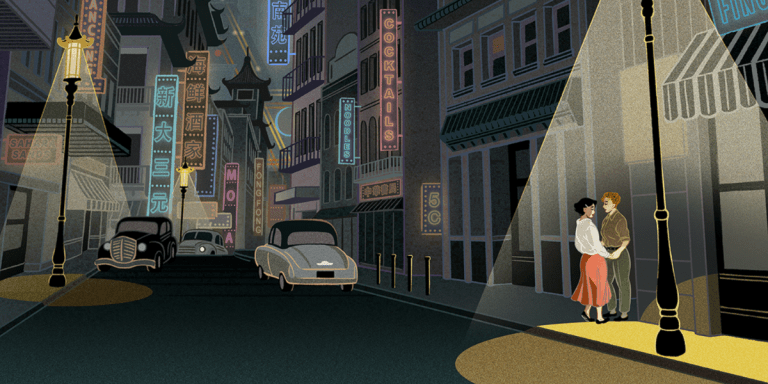Robin Peguero Recommends Crime Stories for the Ages
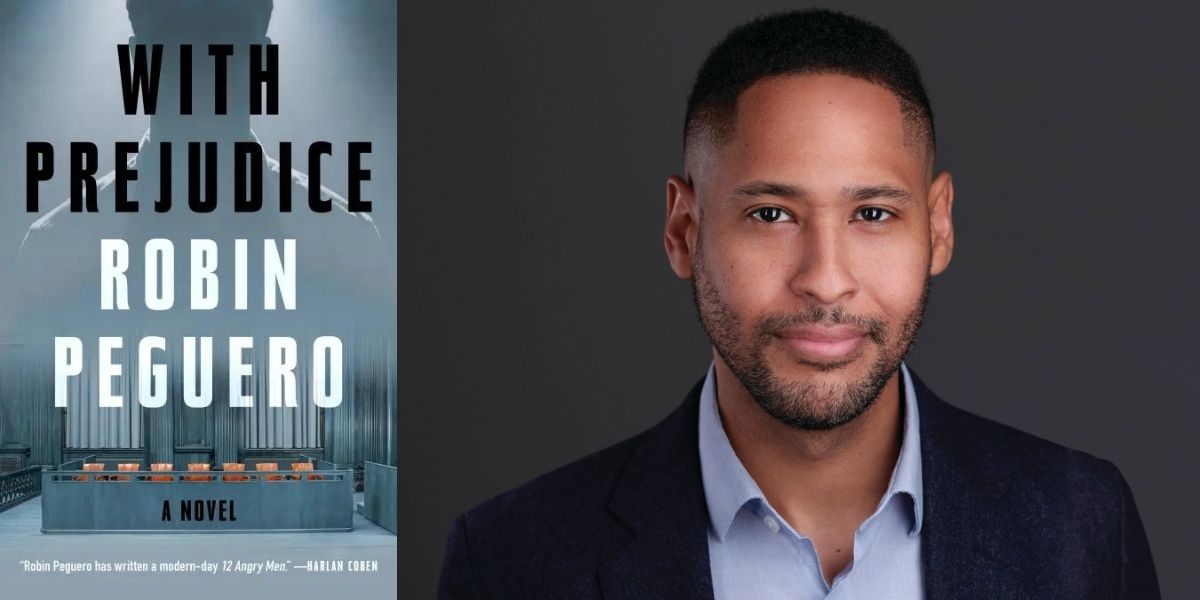 Crime in Multimedia
Crime in Multimedia
Twelve Angry Men–the play, audiobook, and movie–is a cultural touchstone. I read, heard, and watched all three, and ever since I was first exposed to it as a teenager, it stayed with me for its true-to-life dissection of human relationships and subtle but powerful treatment of racial prejudice. The holdout juror is masterfully unassuming and empathetic in a way that withholds judgment; the main antagonist is a villain whose emotional breakdown nonetheless tugs at your heartstrings and provides a satisfying end. Riveting.
A Time to Kill opens with such startling brutalism and moves along at a brisk pace with short, punchy sentences that jab at your heart. The muted scenes with the terrorized little girl–who speaks little but says a lot–are emotionally gripping. It’s a horrifying time capsule of the Jim Crow South, making you confront the fact that you’re reading about the not-so-distant past, 1984, and not the 1950s. I first watched the movie as a kid and afterward read the book, and Ellen Roark, Sandra Bullock’s character, is a revelation in both. Early readers of With Prejudice have used the actress circa 1990s as the avatar for prosecutor Sandy Grunwald, and–outside a shared name–I like to think the comparison is apt.
Unique Takes on Crime
In Cold Blood is nonfiction, but it reads like a character-driven, lyrical, and immaculately researched fantasy ripped from the imagination of its author, Truman Capote. There’s a horrifying and senseless family murder in small-town Kansas. There are two men on the run who aren’t made gratuitously sympathetic but are drawn as full, flesh-and-bone human beings with mixed motivations and haunting pasts. There’s a break in the case, and a suspenseful finish that doesn’t shy away from the cold, retributive reality of the system. It’s a stirring ride.
Chronicle of a Death Foretold boasts one of my favorite opening lines ever: “On the day they were going to kill him, Santiago Nasar . . . ” From there, it’s a journalist’s murder mystery, drawing from interviews of eyewitnesses with faulty memories–but it isn’t much of a mystery at all. We find out relatively quickly whodunnit. But it’s the journey that matters, and Gabriel Garcia-Marquez builds tension in his baroque, flowery writing style that leaves us helplessly engaged in the how and why, even if we know where we will ultimately end up. Love in the Time of Cholera and 100 Years of Solitude are his biggest titles, but pound for pound–clocking in at a svelte ~32,000 words–Chronicle packs a short but powerful punch that flips the crime fiction genre on its head.
Outside the Crime ‘Genre’
Reading 1984 was an immersive experience, a political baptism into a world so foreign but, in many ways, hauntingly familiar. The winks and nods to cognitive dissonance gave us brilliant new vocabulary–thoughtcrime, doublespeak, Big Brother–that were fresh inventions by George Orwell that nonetheless felt urgent, and inevitable, and ubiquitous. It was a book about the future, now long in the past, but speaks to our present, as timely as when it was written. If history rhymes, 1984 is the sonnet.
Brave New World critiques a hierarchical, stratified society numbed by pills and feel-good aphorisms. Law is a tool of social engineering. It is meant to incite, shape, and curb behavior, and nowhere is that starker than in the dystopian world Aldous Huxley has created. It made me think long and hard about man’s interminable pursuit of happiness, the psychological wage of superiority, punishment and the legitimate use of violence in so-called civilization, and the necessity of pain.
Crime Classics
Presumed Innocent, by the father of the modern legal thriller, Scott Turow, is a gritty, psychological peek at the politics of sex, marriage, ambition, and self-preservation. It evolves from a police procedural and courtroom drama into a treatise on the human psyche and the ways we judge ourselves and each other. The personalities leap out at you from the page, the mood it evokes is twisty and tense, and it forces you to second-guess everything and everyone. No wonder it’s time-honored.
To Kill a Mockingbird is a writer’s novel, rife with lush language, atmospheric scene setting, and vibrant characters. It’s one of those works where reading the words on the page and listening to it on audiobook gifts you different but meaningful experiences, marooning you in a time and place so specific and evocative. Narration from the mouths of babes is a brilliant choice, juxtaposing their simplistic innocence with the racial turmoil spinning at their periphery. Such beautiful prose for such ugly but important themes–it’s a marvel.
About the Author
Robin Peguero spent seven years storytelling to juries for a living, most recently as a homicide prosecutor in Miami. An Afro-Latino and the son of immigrants, he graduated from Harvard College and Harvard Law School. He has written for the Miami Herald, the Harvard Crimson, and the Harvard Law Review, and he served as a press spokesman in the U.S. House and as a speechwriter in the U.S. Senate before becoming a lawyer. He is currently a U.S. House investigative counsel working on domestic terrorism.
Earl Thomas, a straight-laced taxman with his fair share of police encounters, is the begrudging foreperson in a high-stakes trial in Miami. Laura Hurtado-Perez is a physician whose unassuming manner conceals a private pain. Joseph Cole is the founder of his local neighborhood watch, unduly obsessed with the families around him.
Along with four others, these jurors of varying ages and walks of life whose paths would likely never have otherwise crossed must come together to make one of the most important decisions of their lives.
On the night Melina Mora, a free-spirited woman both proud and kind, was murdered, she was seen with a young man of Gabriel Soto’s description. Two strands of her hair were found in his bedroom. Sandy Grunwald, a young prosecutor whose political ambitions depend on securing a conviction, finds herself pitted against Jordan Whipple, a preening public defender armed with a freshly discovered, dynamite piece of evidence on the eve of the trial—if the Honorable Darla Tackett will admit it.
What Sandy, Jordan, and Judge Tackett all know, however, is that the criminal justice system is complicated, and everyone has a story—especially the jury. And it’s their experiences, biases, and beliefs that will ultimately shape the verdict.
With striking originality and expert storytelling, Robin Peguero’s debut novel explores the prejudice that hangs over every trial in America. You’ve never read a legal thriller quite like this. There’s never been a thriller writer quite like Peguero. And you will not be able to predict how it all ends.
By clicking 'Sign Up,' I acknowledge that I have read and agree to Hachette Book Group’s Privacy Policy and Terms of Use
What to Read Next
